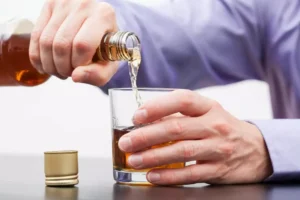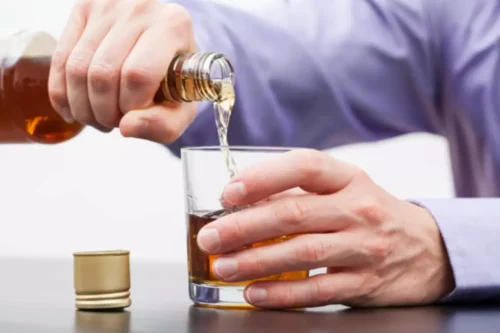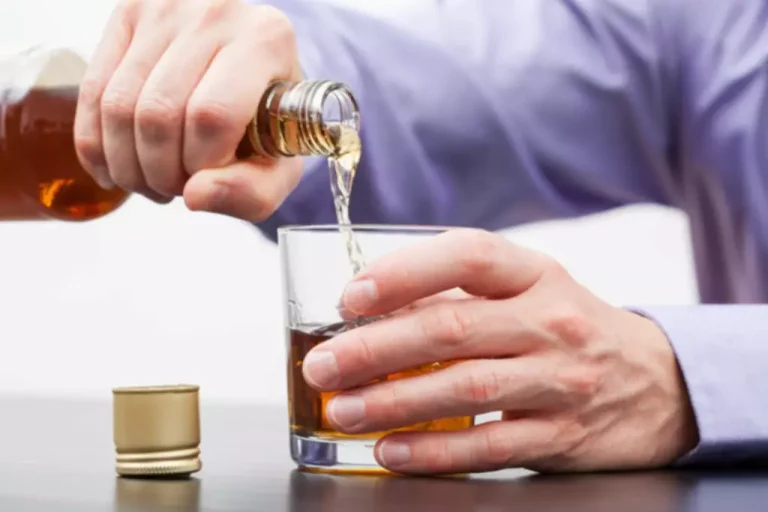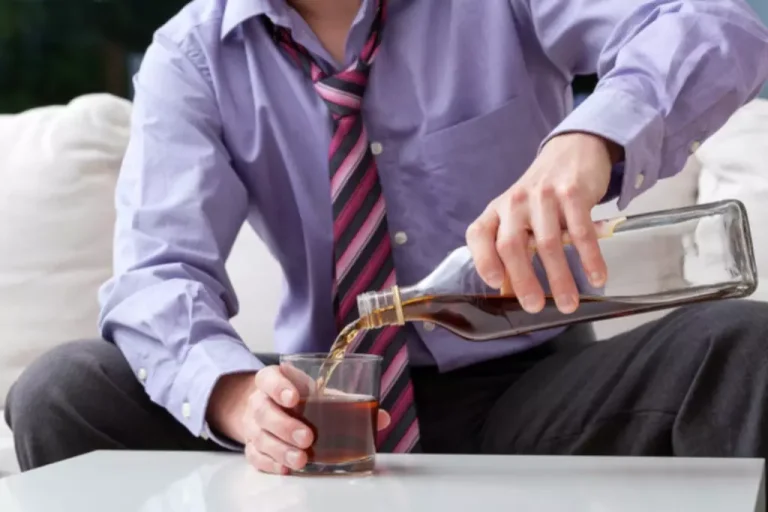
Medically, alcohol dependence is recognised as a type of ‘alcohol-use disorder’ which can be treated. It’s different to ‘harmful drinking’ (another type of alcohol-use disorder) which is a pattern of heavy drinking which causes damage to your health, but without actual dependence. Alcohol dependence, also known as ‘alcoholism’ or alcohol addiction, is serious and can lead to a range of health problems. People who are dependent on alcohol may experience a strong, often uncontrollable, desire to drink and feel they’re unable to function without alcohol. Severe symptoms can additionally include hallucinations (seeing, hearing, or feeling things that aren’t real),4 as well as seizures or delirium tremens (‘DTs’). When you stop drinking, the brain still experiences hyperactivity or overexcitement.

From 24 to 72 Hours
Withdrawal symptoms are part of a condition called ‘alcohol withdrawal syndrome’, which is a reaction caused when someone who has become dependent on alcohol is deprived of it. Heavy drinkers who suddenly decrease or stop drinking altogether may experience withdrawal symptoms. They are potentially dangerous and should be treated as a serious warning sign that you are drinking too much. Mild symptoms include night sweats, irritability, anxiety, nausea, and more. Severe symptoms involve seizures, hallucinations, and delirium tremens (a rapid onset of confusion that happens usually between 2-5 days from the last drink).
Complications of alcohol withdrawal delirium

You should talk to your doctor before you reduce or stop taking a medication or drug for advice on how to do so safely and minimize potential withdrawal symptoms. Your doctor may be able to help if you are having trouble managing your symptoms and provide medical supervision to ensure your safety as you detox from a substance. In some instances, more severe symptoms such as hallucinations, seizures, and delirium may also signs and symptoms of alcohol dependence occur. The type of drug you were taking, the amount of time you were taking it, and the dosage you were taking can all affect the type and severity of the symptoms you experience. Alcohol withdrawal syndrome is a set of symptoms that occur when someone who is physically dependent upon alcohol suddenly stops drinking or drastically reduces their alcohol intake. If you are physically dependent on alcohol, you may feel like you are unable to function without it and experience obsessive thoughts about drinking.
Using the CIWA-Ar scale

Get emergency medical help if you think you’re experiencing symptoms of AWD. You have a better chance of making a full recovery if you receive prompt medical attention. Rehabilitation is a long-term treatment plan intended to help treat alcohol addiction. Withdrawal seizures are most typically experienced 24 to 48 hours after the last drink. When you drink, the alcohol suppresses certain neurotransmitters in your brain. Because of these symptoms, you won’t be able to make decisions about your medical care.
How can you reduce or quit alcohol? Australian Government Department of Health and Aged Care
- The continued use of alcohol causes changes in the central nervous system and neurotransmitter production in the brain.
- As with BZDs, CNS respiratory center depression may emerge, especially in combination with BZDs, whose daily doses should be reduced to 15–20%.
- But if you’ve gone through alcohol withdrawal once, you’re more likely to go through it again the next time you call it quits.
- Visual hallucinations also is rare in adequately treated withdrawal; however, some patients find bright fluorescent hospital lights highly irritating.
- Stopping drinking abruptly can lead to seizures and can even be fatal.
- For example, a person may be able to quit caffeine without assistance and cope with the unpleasant symptoms on their own until they pass.
People who experience severe withdrawal symptoms or DTs may require hospitalization or intensive care unit (ICU) treatment during alcohol. For most people, alcohol withdrawal symptoms will begin to subside after 72 hours. If you are still experiencing withdrawal symptoms after three days, talk to your healthcare provider. If you get withdrawal symptoms, you will need medical support to help you reduce and stop your drinking.
Therapy
To assess for anxiety, ask the patient to rate his or her anxiety (“internal nervousness”) on a 1-to-10 scale, with 10 being absolute panic. Most patients can rate their anxiety fairly accurately, but your observation of their behavior is also needed. To assess for tremor, have the patient extend the arms with fingers spread. But be aware that many patients hyperextend their arms, which can cause difficulty evaluating extent of the tremor.
They can help you find resources, care and support that’ll help you reduce alcohol intake safely, and also give you the best chance at a positive outcome. They can recommend alcohol rehabilitation programs, specialist providers, support groups and more. Complications of DTs treatments largely depend on the treatments you receive. Because there are many different medications and treatment approaches, the side effects can vary widely.

If your blood pressure, pulse, or body temperature rises, or if you have more serious symptoms like seizures and hallucinations, seek medical care immediately (dial 911). If you experience withdrawal symptoms, it’s one sign that you’re becoming dependent on alcohol. And if you’re experiencing these symptoms several days a week, it’s very likely you are already dependent on alcohol. If you go to the hospital for a different reason, inform the healthcare providers about your alcohol consumption. Symptoms of withdrawal are an indication of dependence on a substance.
- Treatment for withdrawal includes support, care, and medications that can ease symptoms and prevent possible complications.
- Outpatient treatment may be available for mild-to-moderate symptoms of alcohol withdrawal; however, should symptoms become severe, inpatient care may be required.
- In fact, stopping drinking is a great way to improve the quality of your sleep.
- If you’re trying to conceive, your partner should drink no more than 14 units of alcohol a week, which should be spread evenly over 3 days or more.
What is alcohol withdrawal?
- A common example of withdrawal is feeling a headache slowly develop when you forgo your morning coffee.
- In addition, your alcohol use may significantly impact your personal, professional, and social life.
- Your healthcare provider can treat these by infusing you (through an IV in your vein) with the necessary vitamins and minerals.
- You may feel happy and hopeful one moment but sad and depressed a short time later.
- It’s hard to pinpoint an exact number for each person because everyone’s different.
Primary care physicians should offer to initiate long-term treatment for alcohol use disorder, including pharmacotherapy, in addition to withdrawal management. According to the National Institute on Alcohol Abuse and Alcoholism (NIAAA), alcohol is the most commonly used substance in the United States, with over 75% of individuals aged 12 and older reporting lifetime consumption. Alcohol consumption spans a spectrum from low-risk to severe alcohol use disorder (AUD). Alcohol withdrawal syndrome poses a significant clinical challenge arising from the spectrum of AUD—a prevalent condition affecting a substantial portion of https://ecosoberhouse.com/ the United States population. The syndrome typically presents as mild anxiety and gastrointestinal discomfort and can progress to severe manifestations, such as alcohol withdrawal delirium, which poses significant diagnostic and management challenges.

Comentarios (0)